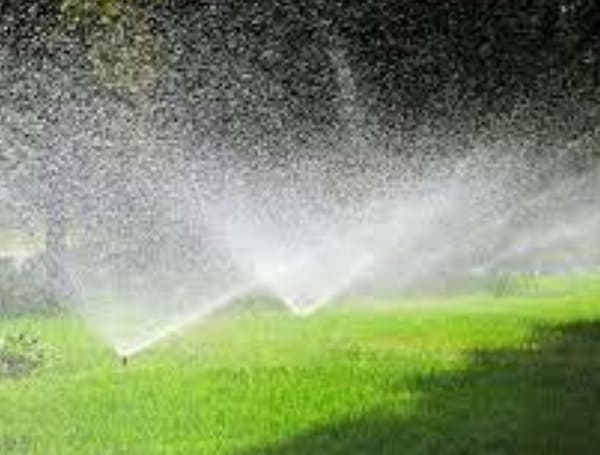Homeowners want their yards to look great. It should be full of shrubs and trees that are arranged in a way that looks good. But landscaping tends to be both expensive and bad for the environment, which shouldn’t be the case.
With that in mind, here are some ideas for landscaping that are good for the environment.
Choose Native Plants
Look for plants and trees that are native to your area when you want to put them in your yard.
Native trees and plants provide homes for birds, butterflies, and other animals, and they are used to the amount of rain and climate there. Once they are established, native plants don’t need much care because they are naturally resistant to pests and diseases that are common in their area. Since they don’t need fertilizers, pesticides, or extra watering, they are easy to take care of, cheap, and good for the environment.
Have Alternatives To A Grass Lawn
Groundcover plants are an alternative to grass. They don’t need to be mowed, but they still look like traditional grass. Clover, barberry cotoneaster, creeping Jenny, Corsican mint, and herbs like oregano and thyme don’t need much care. Once it’s established, clover, in particular, doesn’t need much care because it keeps weeds down and has deep roots that let air into the soil.
Growing a natural lawn also gets rid of the need for chemical fertilizers, improves the quality of the soil, and stops erosion, all while giving birds and bees a place to live in their natural environment.
Harvest Rainwater
Getting water from rain is one of the easiest things you can do to make your yard more eco-friendly. Rainwater is collected and used to water plants, flowers, and vegetable gardens. This cuts down on how much water is used outside. It also collects water that runs off roofs and gutters, stopping pollution from getting into our water supply. You can use any rainwater harvesting system, like rain barrels, cisterns, poly tanks, or rain chains, to greatly reduce your water footprint.
Use Organic Mulch
Mulch made from natural things like wood chips, leaves, bark, and pine needles can be used for many different gardening needs. Mulch keeps the soil cool and moist, which helps plants stay healthy and live longer. It keeps weeds from growing in flowerbeds for the most part, but when they do appear, their roots are weaker which makes them easier to pull out. In addition, as organic mulch breaks down, it adds nutrients to the soil.
Mulching under trees up to the drip line not only helps keep water near the roots, but it also makes your lawn smaller. Grass lawns use a lot of water, but adding mulch to your landscape can cut the amount of water you use outside by up to 50 percent.
Install A Green Roof
Landscape is more than just your yard. You can change your roof from a regular one to one that is good for the environment – you can literally have a green roof, meaning you cover it in vegetation. This could help you save a lot of money on your energy bills. A green roof will not only cut down on the heat inside your home or even act as insulation when needed, but it will also cut down on the amount of water that runs off.
Visit Tampafp.com for Politics, Sports, and National Headlines.
Android Users, Click Here To Download The Free Press App And Never Miss A Story. Follow Us On Facebook Here Or Twitter Here.


